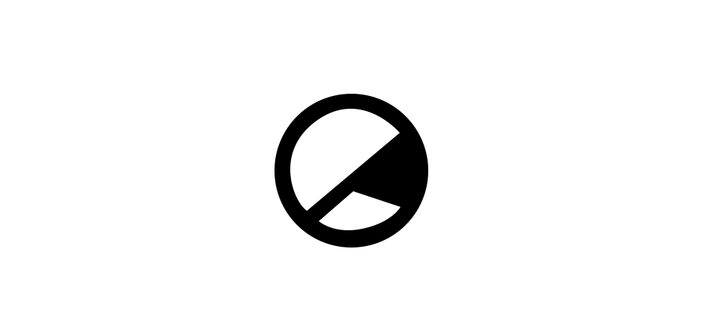The World’s End, the third and final part of Edgar Wright’s ‘Three Flavours Cornetto Trilogy’, often feels neglected compared to its predecessors Shaun of the Dead and Hot Fuzz. This is a shame, as The World’s End is a phenomenal film and a wonderful conclusion to this thematic trilogy.
Protagonist Gary King is by far the most interesting character to come out of the three films. As a teenager in 1990, he was the king of his hometown: the coolest kid in school, a hit with the girls, and well-respected by his friends. Flash forward to 2013, he’s a pathetic loser man-child, and his old friends have moved on with their lives. Gary could have just been annoying, but Simon Pegg’s performance manages to make him feel very sympathetic and almost quite tragic. The climactic rant wherein he reveals a previous suicide attempt, caused by the seeming meaninglessness of his life, is shockingly dark for what is ostensibly a comedy – and a genuinely heartbreaking moment.
The rest of the gang are fairly well-developed too, serving to show how Gary’s toxic lifestyle has completely destroyed his childhood friendships. This is best shown through former best friend Andy, played brilliantly by Nick Frost. The incident that severed their relationship isn’t revealed until roughly two-thirds of the way through, but we can see that his hostile attitudes towards Gary are masking a desire to finally be able to forgive him, a desire that can’t be fulfilled until Gary finally takes steps towards maturity.
Steven (Peaky Blinders’ Paddy Considine), meanwhile, has lived in resentment of Gary for sleeping with his teenage crush Sam (Rosamund Pike), while Peter (Eddie Marsan) remains a meek and timid figure who practically hero-worships Gary, ultimately leading to tragic consequences. Both characters are likeable, sympathetic, and engaging, allowing us to feel invested in their struggles and goals. Only Oliver (Martin Freeman) remains a thinly sketched character, mostly serving as a sarcastic follower who is rather unceremoniously killed and replaced by the robots offscreen.
Speaking of the robots, the build-up to their eventual reveal is well-handled, as you are led to believe that the townspeople’s strange behaviours are simply due to their bafflement at a hyperactive 40-something acting like the king of their town. However, once their presence is known, the tension escalates spectacularly, with the film creating a Body Snatchers-esque sense of paranoia and distrust. They are a very sinister presence, and the actors playing them bring a great deal of malevolence to the film. The robots (or rather “blanks”) also act as a continuation of the trilogy’s antagonists representing a kind of forced conformity. In this case, of powerful corporations forcing society to conform to a friendly and comfortable, but bland and homogenised, way of living. This is best shown in the depictions of the town’s various pubs as characterless and charmless, in spite of their apparent welcoming intentions.
In addition to the brilliant character work and social commentary, The World’s End is a rollicking good time. While not quite as funny as its predecessors, Wright and Pegg’s screenplay is brimming with funny one-liners and sight gags. The action scenes are amazing; between this, Scott Pilgrim and Baby Driver, I feel confident in calling Wright one of the best action directors currently working. The oh-so-90s soundtrack is an absolute delight to listen to. If you haven’t seen the film already, please do, especially if you want to get loaded and have a good time.
Watch the trailer below:




